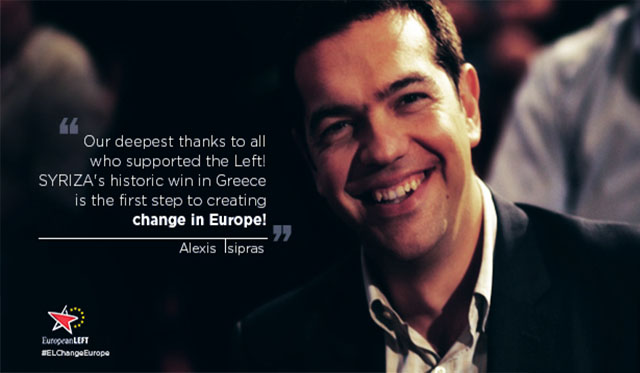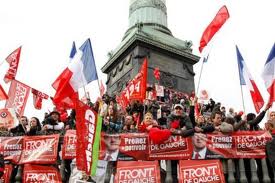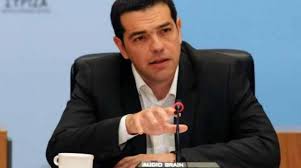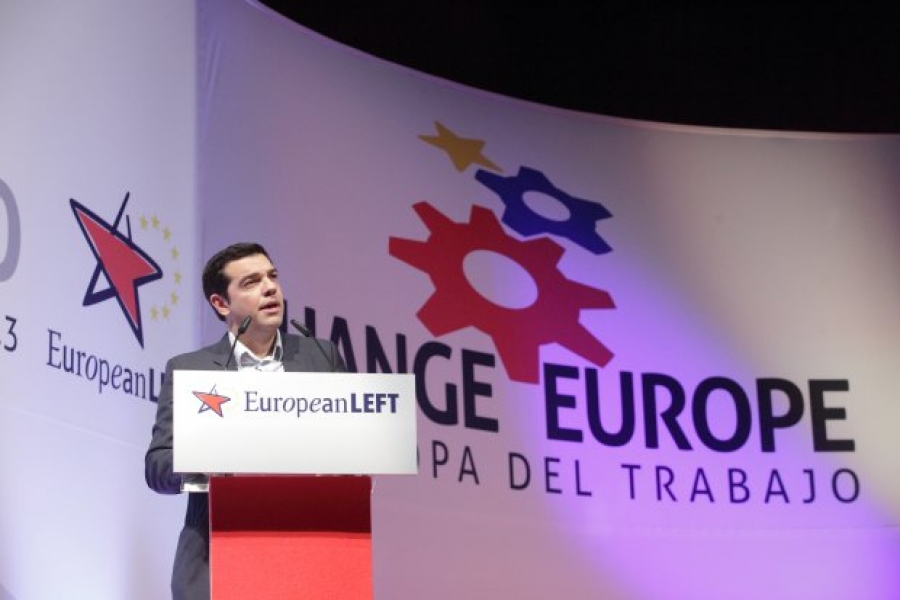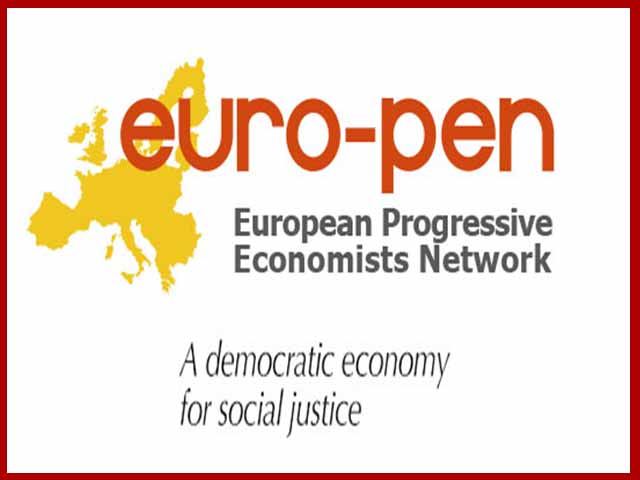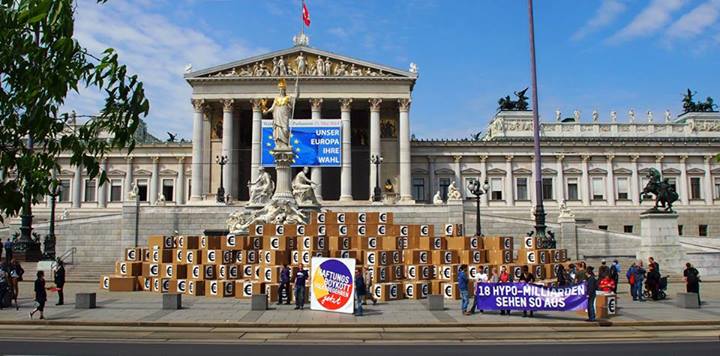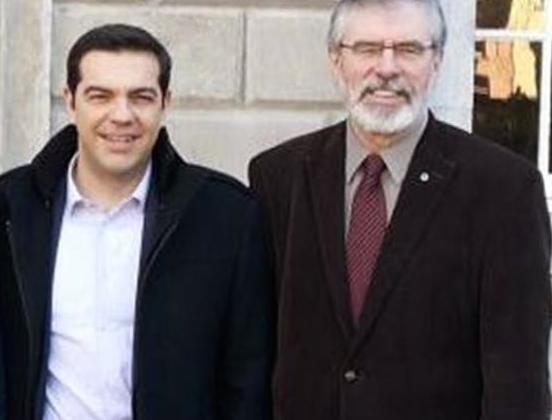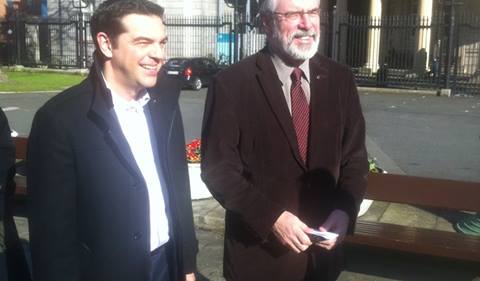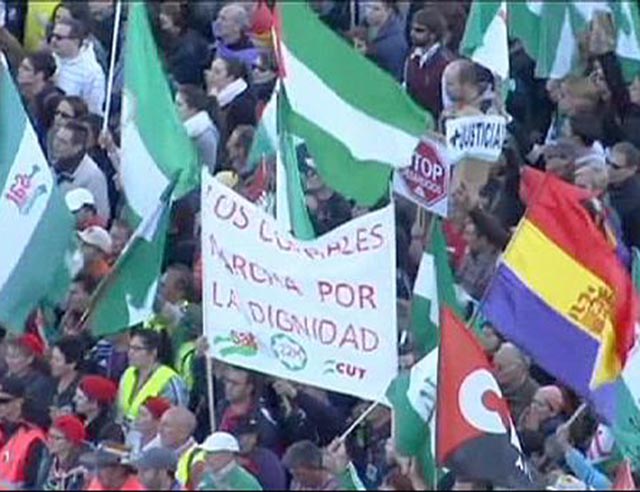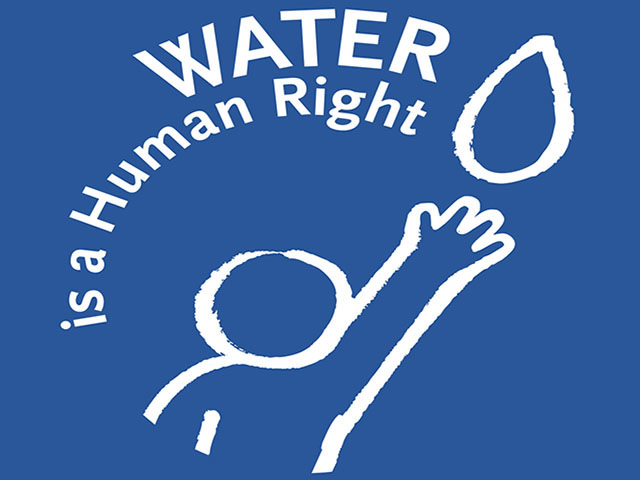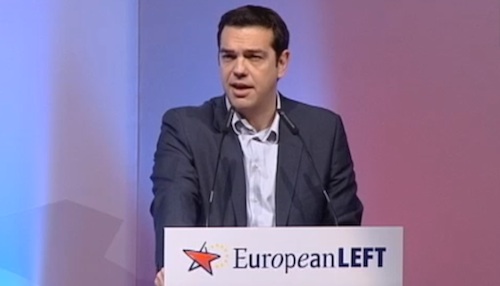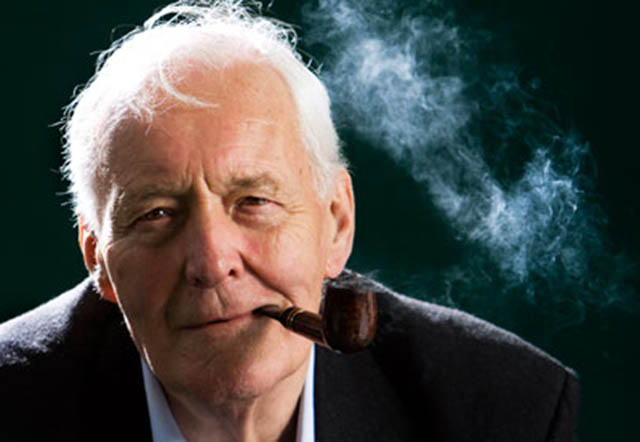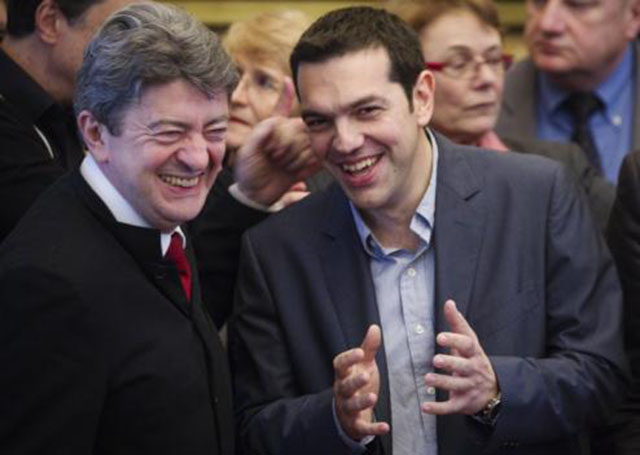- Details
-
Category: STATEMENTS
-
Published: Friday, 09 May 2014 17:04
Declaration
We have a global crisis with refugees and internally displaced people. Every day in 2012, over 23,000 people were forced out of their homes; 45 million people were forcibly displaced. The situation has got worse, with Syria worst hit: 40% of its population, 9 million people, half of them children, have fled their homes.
We collaborate on an EU-funded COST Action (a research network centred on nationally funded projects) on ethics and disasters. We have witnessed, worked in, and studied disasters worldwide. Refugees flee for their lives. Neighbouring countries are overwhelmed. Refugee camps are often inhumane. The Treaty on European Union declares: “The Union is founded on the values of respect for human dignity, freedom, democracy, equality, the rule of law and respect for human rights.” Some EU countries accept a few thousand refugees; many accept none.
Barbed wire is being erected around our borders. Our “respect for human dignity” seems to apply only inside the fence.
We are citizens from 15 EU countries: doctors, humanitarian workers, and professors. Colleagues from another nine countries support us. Our countries have a history of poverty and conflict. Only circumstances make one a refugee and another a comfortable EU citizen. Our ancestors had to leave home, and foreign shores accepted them. Will we welcome the stranger?
We urge EU voters to elect those who uphold our founding principle: “respect for human dignity”. This applies to refugees, our fellow brothers and sisters. We want to honestly sing the EU anthem, “Alle menschen werden Brüder” (All men will become brothers).
Dónal O’Mathúna Senior lecturer, ethics (Ireland); chair of COST Action IS1201: Disaster Bioethics,
Ayesha Ahmad Tutor, medical ethics (UK),
Ana Borovecki Assistant professor, bioethics & public health (Croatia),
Roger Bromley Emeritus professor, cultural studies (UK),
Ernesto d’Aloja Professor, legal medicine and bioethics (Italy),
Francesco Della Corte Hon. fellow, EuSEM, disaster medicine (Italy),
Federica DemuruResearcher, bioethics (Italy),
Ignaas Devisch Professor, philosophy of medicine and ethics (Belgium),
Heather Draper Professor, biomedical ethics (UK),
Vasil Gluchman Professor, philosophy and ethics (Slovakia),
Ghaiath Hussein Doctoral researcher, bioethics (UK),
Niklas JuthAssociate professor, medical ethics (Sweden),
Péter Kakuk Assistant professor, bioethics (Hungary),
Eleni Kalokairinou Associate professor, moral philosophy (Greece),
Pierre Mallia Professor, bioethics (Malta),
Signe Mezinska Lecturer, bioethics (Latvia),
Goran Mijaljica Lecturer, medical ethics and psychiatry (Croatia),
Emilomo Ogbe Researcher, Sexual & Reproductive Health (Belgium),
Salvatore Pisu MD, emergency medicine (Italy),
Paulina Pospieszna Assistant professor, political science (Poland),
Aivita Putnina Director, social anthropology (Latvia),
Joanna Rozynska Assistant professor, bioethics (Poland),
Jackie Leach Scully Professor, social ethics and bioethics (UK),
Kadri Simm Associate professor, practical philosophy (Estonia),
Peter Sýkora Professor, philosophy and biology (Slovakia),
Emanuele Valenti Lecturer, bioethics (Spain)
Johan von Schreeb Disaster medicine specialist (Sweden)
Behnam Taebi Assistant professor, ethics (The Netherlands)
Marcin Waligóra Assistant professor, Bioethics (Poland)
Supported by colleagues outside the EU:
Y Michael Barilan Associate professor, medical education (Israel)
M Murat Civaner Associate professor, medical ethics (Turkey)
Alma Dzubur Kulenovic Assistant professor, psychiatry (Bosnia and Herzegovina)
Maureen Ehrensberger-Dow Professor, translation studies (Switzerland)
Nir Eyal Associate professor, global health, medical ethics (US)
Dusanka Krajnović Assistant professor, biomedical legislation and ethics (Serbia)
Jay Marlowe Senior lecturer, refugee settlement (New Zealand)
Veselin Mitrović Research associate, sociology and bioethics (Serbia)
Elysée Nouvet Postdoctoral fellow, humanitarian healthcare (Canada)
Deogratias M Rwezaura Social Ethics & Forced Migration (Kenya)
Vojin Rakić Professor, political philosophy & bioethics (Serbia)
One hundred years after the beginning of World War I and seventy years after the end of World War II, Europe is at a crossroads. If the current neoliberal and authoritarian policies are not reversed catastrophe awaits Europe and the world: further decline of democracy, increase in poverty and inequality, destruction of the environment, the inexorable rise of extreme right-wing and fascist forces which grow in the soil of despair created by unemployment and deprivation. The European Union must rediscover its original principles of peace, democracy and social justice. More generally Europe needs and deserves a new deal that places on a new basis the principles of liberty, equality and solidarity recently betrayed by liberals and social democrats.
The candidacy of Alexis Tsipras, the President of SYRIZA the Greek Radical Left party, for the presidency of the European Commission carries a strong symbolism. Greece has been the guinea pig in a huge neoliberal experiment which has led to a well-documented humanitarian crisis. The nomination of Tsipras as the candidate of the European Left party offers a ray of hope that neoliberalism and authoritarianism can be stopped and reversed.
Etienne Balibar, Distinguished Professor, Comparative Literature School of Humanities University of California, Irvine
Costas Douzinas, Professor of Law, Pro-Vice Master for International Links and Director of the Birkbeck Institute for the Humanities
Chantal Mouffe, Professor of Political Theory at the University of Westminster
Drucilla Cornell, Professor of law, women’s studies and political science at Rutgers University
Tariq Ali, Writer, journalist, and filmmaker. Member of the editorial committee of the New Left Review and Sin Permiso, and contributor to The Guardian, CounterPunch, and the London Review of Books
Lynne Segal, Anniversary Professor of Psychology and Gender Studies at Birkbeck College, London
Slavoj Zizek, Senior researcher at the Institute of Sociology, University of Ljubljana, Slovenia, and visiting professor at a number of American Universities (Columbia, Princeton, New School for Social Research, New York University, University of Michigan)
Hilary Wainwright, Co-editor of Red Pepper and research director of the New Politics Project of the Transnational Institute, Amsterdam
Athena Athanasiou, Professor, Department of Social Anthropology at Panteion University of Social and Political Sciences, in Athens, Greece
Jacqueline Rose, Professor of English at Queen Mary, University of London
Judith Butler, Maxine Elliot Professor in the Departments of Rhetoric and Comparative Literature at the University of California, Berkeley & Hannah Arendt Professor of Philosophy at the European Graduate School
Joanna Bourke, Professor of History in the School of History, Classics and Archaeology at Birkbeck College
Wendy Brown, Senior Invited Fellow of the Center for Humanities at Cornell University; visiting professor at Columbia University
Jodi Dean, Professor of Political and Media Theory in Geneva, New York
Doreen Massey, Professor Emeritus, Geography, The Open University UK
Sandro Mezzadra, Associate Professor of Political Theory at the University of Bologna
Bruce Robbins, Old Dominion Foundation Professor of the Humanities, Department of English and Comparative Literature, Columbia University
Leo Panitch, Distinguished Research Professor of Political Science at York University
Adolphe Reed, Professor, University of Pennsylvania
Doug Henwood, Journalist, economic analyst, and financial trader who writes frequently about economic affairs for the Left Business Observer
Johann Kresnik, Austrian dancer, choreographer and director
Martijn Konings, Lecturer in the Department of Political Economy, University of Sydney
Frances Fox Piven, Professor of Political Science and Sociology at The Graduate Center, City University of New York
Enzo Traver, Professor of Political Science at the University of Picardie-Jules Verne, Amiens, and visiting lecturer at the Free University of Berlin
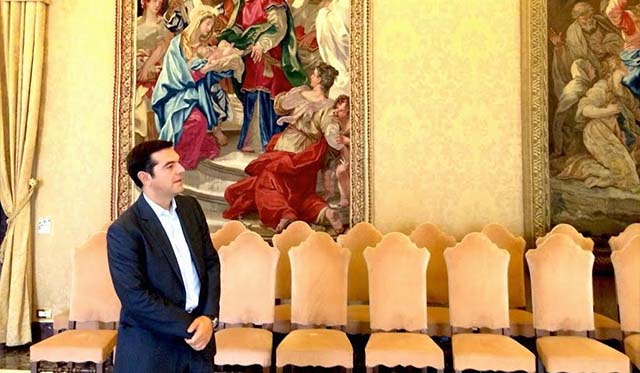




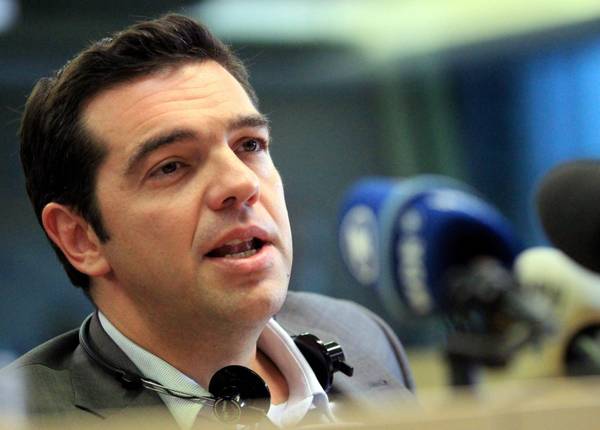 29.05.2014
29.05.2014
